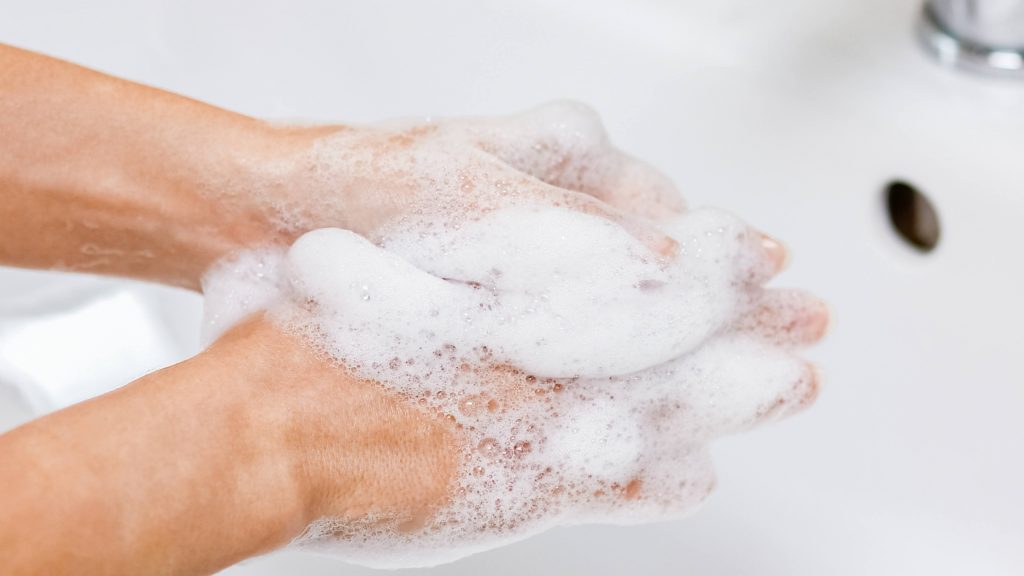
COVID-19 is primarily spread by respiratory droplets transmitted via close contact (within 6 feet) with an infected person, according to the Centers for Disease Control and Prevention. Respiratory droplets are produced when an infected person coughs or sneezes.
Dr. Nipunie Rajapakse, a Mayo Clinic infectious diseases specialist, says there are some simple ways to protect yourself from coronavirus.
"So the best thing you can do to protect yourself and your family from getting infected, No. 1, is to wash your hands. Really as simple as that sounds, that is the most effective way to prevent illness and infection. The second thing is if you do have symptoms, to practice what we call 'respiratory etiquette.' That means coughing or sneezing into your elbow, or into a tissue, and then washing your hands well afterward. We know viral particles that end up on your fingers and hands can be transmitted to other people, and, so, that's one way to protect yourself and your family," says Dr. Rajapakse.
Watch: Dr. Rajapakse explains how to protect yourself from COVID-19.
Journalists: Broadcast-quality sound bites with Dr. Rajapakse are in the downloads at the end of the post. Please courtesy "Nipunie Rajapakse, M.D./Infectious Diseases/Mayo Clinic."
She recommends washing hands with soap and water for about 20 seconds, frequently, especially after using the bathroom, before eating, and anytime you cough or sneeze. If you don't have access to soap and water, alcohol-based hand rub is a suitable alternative.
Another prevention tip: Stay home if you're sick.
"The other main thing that we would encourage people is to stay home if you're feeling ill with cough and fever especially. This avoids exposing people at school or at work to infection and illness," says Dr. Rajapakse.
Check the CDC website for additional updates on COVID-19.
For more information and all your COVID-19 coverage, go to the Mayo Clinic News Network and mayoclinic.org.







